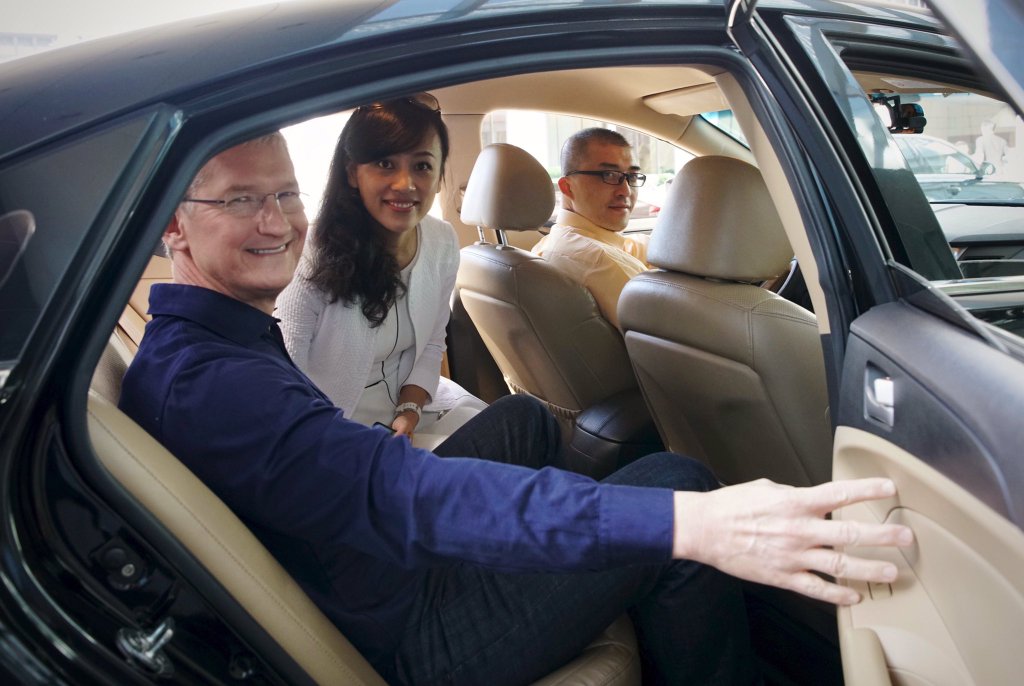Now we (probably) know why Apple poured a cool $1 billion into China’s leading ride-sharing service Didi Chuxing as that company’s just invested—you guessed right—$1 billion into its biggest rival, Uber China. The transaction, subject to closing conditions, will also give a 20 percent stake in the combined firm for Uber and its shareholders, said Bloomberg.
The deal underscores the highly competitive nature of ride-sharing in the massive, highly regulated country which favors domestic companies. Didi and Uber have been battling it out for dominance in China for some time now, spending billions of dollars each as they competed for customers and drivers.
Uber has been spending at least $1 billion a year to gain ground in China, while Didi offered subsidies to drivers and riders to build its business. Didi will now buy Uber’s brand, business and data in the country, giving it valuation after the deal of $35 billion.
Although Uber was profitable in developed markets in the first half of 2015, in China the company has lost more than $2 billion thus far.
“Didi Chuxing and Uber have learned a great deal from each other over the past two years,” said Uber in a statement. “This agreement with Uber will set the mobile transportation industry on a healthier, more sustainable path of growth at a higher level.”
Uber Technologies Inc. and Uber China’s other shareholders, including China’s search engine Baidu, will receive a 20 percent stake in the combined company while Didi founder Cheng Wei and Uber CEO Travis Kalanick will join each other’s boards.
Apple’s strategic investment in Didi, according to CEO Tim Cook, isn’t surprising because the startup has “a very great management team and its objective is also environmental, hoping to help reduce pollutions by making more efficient use of cars.”
It’s also possible that Apple poured money into Didi to access its massive database of rides as its rumored electric vehicle project is said to prioritize autonomous driving software, which would need massive troves of real-life data to train its algorithm.
China remains Apple’s second-largest market by revenue despite shrinking sales in the 1.35 billion people country over the past two quarters.
Photo: Tim Cook with Didi Chuxing’s Jean Liu during his May 2016 trip to China.
Source: Bloomberg
